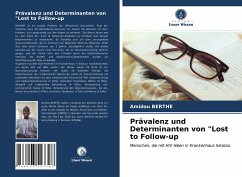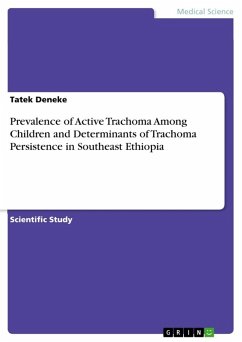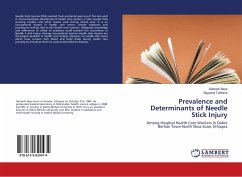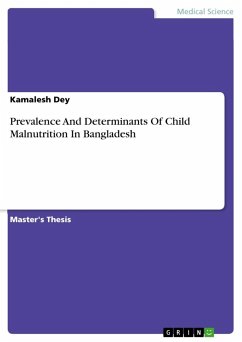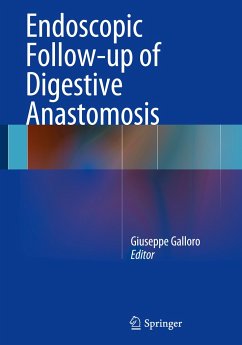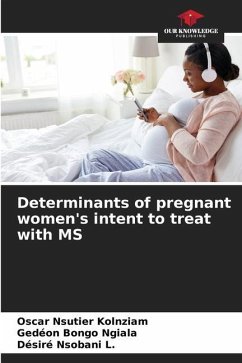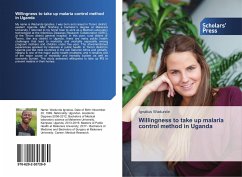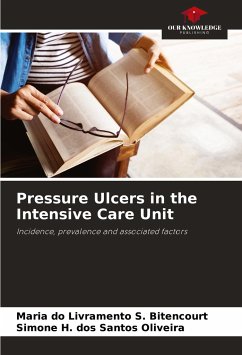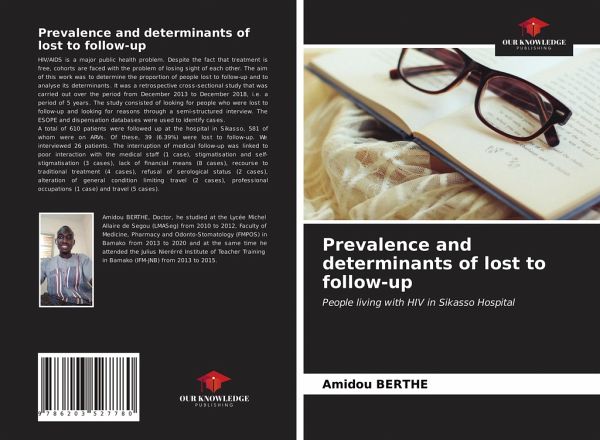
Prevalence and determinants of lost to follow-up
People living with HIV in Sikasso Hospital
Versandkostenfrei!
Versandfertig in 1-2 Wochen
26,99 €
inkl. MwSt.

PAYBACK Punkte
13 °P sammeln!
HIV/AIDS is a major public health problem. Despite the fact that treatment is free, cohorts are faced with the problem of losing sight of each other. The aim of this work was to determine the proportion of people lost to follow-up and to analyse its determinants. It was a retrospective cross-sectional study that was carried out over the period from December 2013 to December 2018, i.e. a period of 5 years. The study consisted of looking for people who were lost to follow-up and looking for reasons through a semi-structured interview. The ESOPE and dispensation databases were used to identify ca...
HIV/AIDS is a major public health problem. Despite the fact that treatment is free, cohorts are faced with the problem of losing sight of each other. The aim of this work was to determine the proportion of people lost to follow-up and to analyse its determinants. It was a retrospective cross-sectional study that was carried out over the period from December 2013 to December 2018, i.e. a period of 5 years. The study consisted of looking for people who were lost to follow-up and looking for reasons through a semi-structured interview. The ESOPE and dispensation databases were used to identify cases. A total of 610 patients were followed up at the hospital in Sikasso, 581 of whom were on ARVs. Of these, 39 (6.39%) were lost to follow-up. We interviewed 26 patients. The interruption of medical follow-up was linked to poor interaction with the medical staff (1 case), stigmatisation and self-stigmatisation (3 cases), lack of financial means (8 cases), recourse to traditional treatment (4 cases), refusal of serological status (2 cases), alteration of general condition limiting travel (2 cases), professional occupations (1 case) and travel (5 cases).



